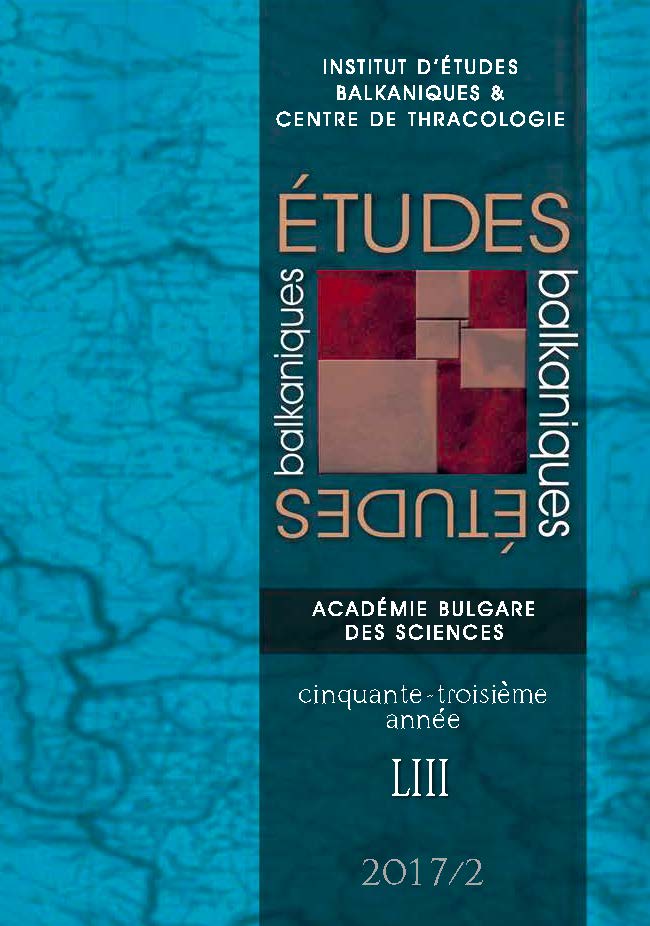CONSTRUCTING TEMPORAL OTHERNESS: WESTERN TRAVELERS AND TIMEKEEPING IN THE BALKANS (16th – 19th C.)
CONSTRUCTING TEMPORAL OTHERNESS: WESTERN TRAVELERS AND TIMEKEEPING IN THE BALKANS (16th – 19th C.)
Author(s): Andreas LyberatosSubject(s): History, Comparative history, History of ideas, Modern Age, Special Historiographies:, 16th Century, 17th Century, The Ottoman Empire
Published by: Институт за балканистика с Център по тракология - Българска академия на науките
Keywords: Time; Timekeeping; Balkans; Ottoman Empire; Travelers;
Summary/Abstract: The Western and Central European travelers visiting the Balkan Peninsula from the 16th until the 19th century provide very important sources for the history of time in the region. Their time-sensitive and “outsider” position enables them to offer valuable information pertaining to time-keeping practices in the region, the “spread” of clock towers and the diffusion of watches, or the pace and geography of the use of the European timekeeping system. However, alongside their informative function, the writings of the European travelers contribute crucially to the construction of the region’s temporal “otherness” vis-à-vis “civilized” Europe. They create and convey to their ever expanding reader public a multitude of visual and acoustic representations which underpin and re-enact “the non-simultaneity” of the region and its culture. The purpose of the paper is to highlight, through the use of several examples drawn out from a large body of data, the main time related topics present in Western travelogues about the Balkans and inquire into the discursive processes and mechanisms employed in the construction of the region’s temporal “otherness”.
Journal: Études balkaniques
- Issue Year: 2017
- Issue No: 2
- Page Range: 199-213
- Page Count: 15
- Language: English
- Content File-PDF

